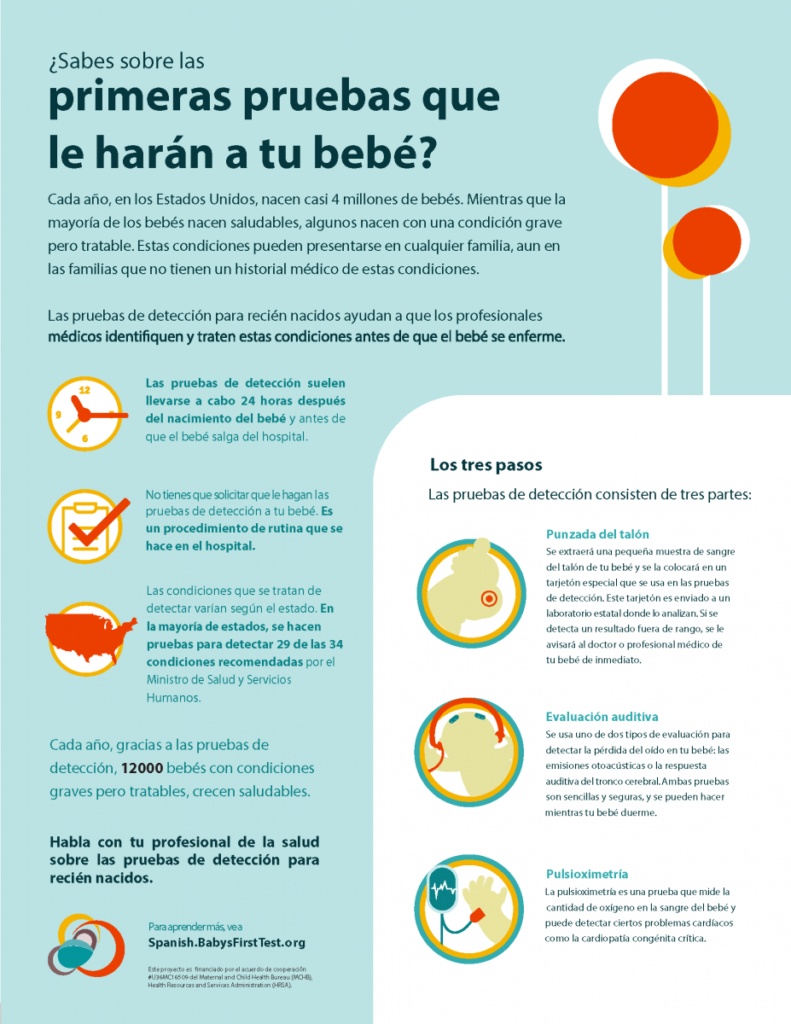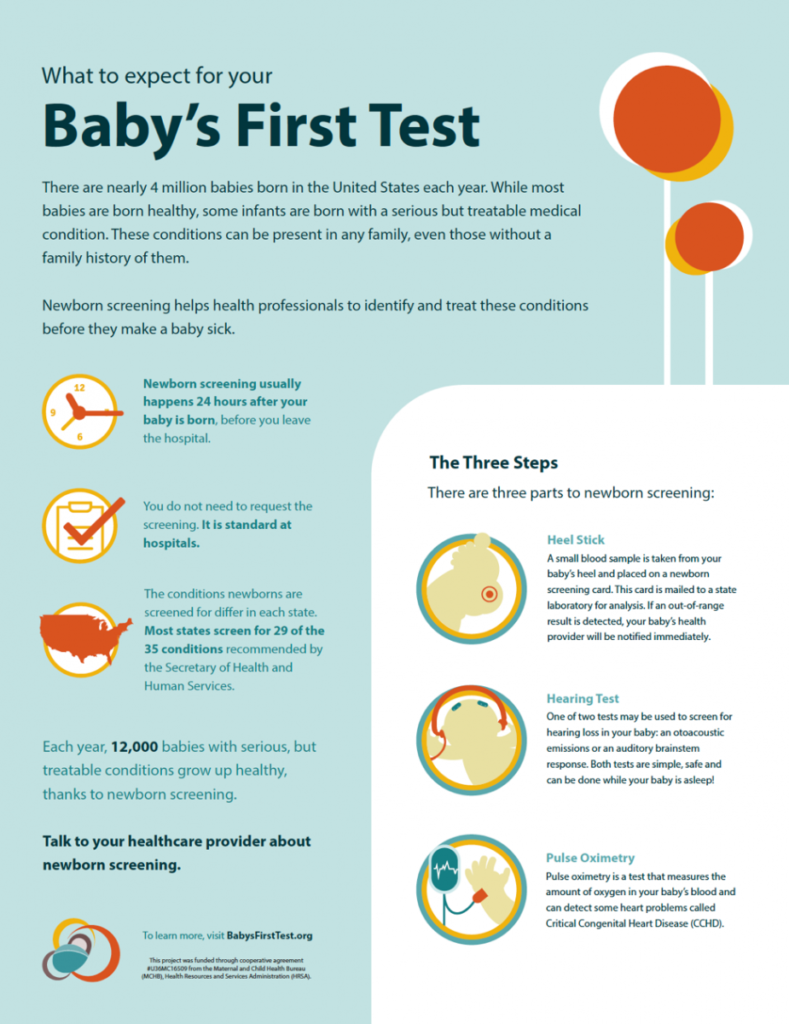
Introduction
The first three months of a baby’s life are critical for their physical, emotional, and cognitive development. Rapid changes occur as newborns adapt to the world outside the womb. Understanding these milestones can help parents track progress and seek guidance if needed. Professional insights and evidence-based practices provide clarity and reassurance.
When to Start Tracking Growth
- From Birth: Growth tracking begins immediately after birth. Healthcare providers measure height, weight, and head circumference to ensure healthy development (World Health Organization, 2021).
- Weekly Observations: Parents can monitor changes in feeding, sleep patterns, and physical activity as indicators of progress.
Key Milestones in the First Three Months


Physical Development:
- First Month: Reflexive movements dominate, but babies start to lift their head briefly during tummy time (American Academy of Pediatrics, 2021).
- Second Month: Stronger neck muscles allow for longer head-lifting during tummy time. Babies begin to make smoother arm and leg movements.
- Third Month: Babies may push up on their forearms and kick actively, signaling improved motor control (Journal of Pediatrics, 2022).
- Cognitive and Social Development:
- First Month: Babies start recognizing familiar voices and focusing on high-contrast objects.
- Second Month: Social smiling and cooing begin, laying the groundwork for language development.
- Third Month: Babies track moving objects, engage with caregivers, and show early signs of curiosity (Developmental Science, 2022).
How to Support Your Baby’s Growth
Tummy Time: Begin with 2-3 minutes a few times daily, gradually increasing as your baby’s strength improves. Tummy time enhances neck and shoulder muscle development (National Institute of Child Health and Human Development, 2021).
- Interactive Play: Talk, sing, and read to your baby to support cognitive and language development.
- Safe Exploration: Ensure a clean, hazard-free environment where your baby can safely move and explore.
Understanding Sudden Infant Death Syndrome (SIDS)
Sudden Infant Death Syndrome (SIDS) refers to the sudden, unexplained death of an otherwise healthy infant, typically during sleep. While the exact causes remain unknown, following safe sleep practices significantly reduces the risk. It’s important to note that SIDS is rare, occurring in approximately 35 out of every 100,000 live births in the U.S. annually (Centers for Disease Control and Prevention, 2022).
Parents should feel reassured that with proper precautions—like placing your baby on their back to sleep and keeping the crib free of soft bedding—the risk is very low. For more information on SIDS prevention, please refer to our dedicated Safe Sleep Practices article.
Safety Tips
Do:
- Supervise tummy time sessions.
- Always place your baby on their back for sleep to reduce the risk of Sudden Infant Death Syndrome (SIDS).
- Keep small objects and choking hazards out of reach.
- Don’t:
- Leave your baby unattended during tummy time or play.
- Use pillows, soft bedding, or blankets in their crib.
Common Questions & Additional Tips
How can I tell if my baby is growing normally?
- Pediatricians track growth trends during check-ups using percentile charts. Consistent gains in weight, length, and head size are reassuring (Journal of Neonatal-Perinatal Medicine, 2022).
- Parents should trust their instincts and consult healthcare providers if concerns arise.
What if my baby isn’t hitting milestones?
- Individual development varies widely. Missing a milestone by a few weeks is often normal.
- Persistent delays may require assessment by a pediatric specialist.
Videos
3 Month Developmental Milestones: What is Normal (English)
Spanish Video: Etapa de 0 a 3 meses – ¡Acabo de nacer!
UNICEF México y la Comisión Nacional de Protección Social en Salud presentan la serie “Creciendo y aprendiendo juntos: Desarrollo Infantil Temprano”, un panorama general que muestra el desarrollo de los niños y de las niñas desde el nacimiento hasta los cinco años de edad, con el objetivo de que las familias puedan identificar distintas actividades de estimulación temprana que les permitan apoyar a sus hijos en cada etapa del desarrollo.
References
American Academy of Pediatrics. (2021). Caring for Your Baby and Young Child. Retrieved from https://www.healthychildren.org
Centers for Disease Control and Prevention. (2022). Sudden Unexpected Infant Death and Sudden Infant Death Syndrome. Retrieved from https://www.cdc.gov/sids
Developmental Science. (2022). Early Social Smiles and Engagement: Cognitive Milestones. DOI:10.1111/desc.12345
Journal of Neonatal-Perinatal Medicine. (2022). Monitoring Growth Patterns in Newborns: Evidence-Based Practices. DOI:10.3233/NPM-211234
Journal of Pediatrics. (2022). Motor Development in the First Three Months: A Clinical Overview. DOI:10.1016/j.jpeds.2021.10.003
National Institute of Child Health and Human Development. (2021). Importance of Tummy Time for Infants. Retrieved from https://www.nichd.nih.gov
World Health Organization. (2021). Standards for Growth Monitoring in Infants. Retrieved from https://www.who.int
Images Sourced
first image:
0-3-Months-Baby-Milestones-1-min.png (600×900)
Second image:
Three-month-old-baby-milestones.png (1501×1001)
Files and resources:
Milestone month by month guide
Guía de hitos mes a mes:
Westchester County Resources
1. Westchester County Early Intervention Program (EIP)
- Services: Provides evaluations and services for infants and toddlers (birth to 3 years) with developmental delays or disabilities. Services include speech, physical, and occupational therapies, as well as family counseling.
- Phone: (914) 813-5094
- Website: health.westchestergov.com/eip-early-intervention-program
2. Westchester Institute for Human Development – Family Connection Program
- Services: Offers service coordination for families enrolled in the Early Intervention Program, assisting with obtaining and monitoring services, and accessing community resources.
- Website: wihd.org/what-we-do/early-intervention-family-connection/
3. Babies Step Forward – WestCOP
- Services: Early Head Start program providing high-quality early child care and education, developmental screenings, and family support services for children 6 weeks to 3 years old.
- Website: westcop.org/?page_id=439
4. The Arc Westchester – The Children’s School for Early Development
- Services: Provides multidisciplinary evaluations, early intervention services, and a community-based “Mommy and Me” program focusing on developmental milestones.
- Website: arcwestchester.org/services/early-childhood/early-intervention/
5. Child Care Council of Westchester
- Services: Offers resources and referrals for child care services, parenting education, and information on child development.
- Website: childcarewestchester.org
Putnam County Resources
1. Putnam County Early Intervention Program
- Services: Provides evaluations and services for infants and toddlers (birth to 3 years) with developmental delays or disabilities.
- Phone: (845) 808-1640
- Website: putnamcountyny.gov/health/early-intervention
2. Healthy Families Putnam – Maternal Infant Services Network
- Services: Offers home-based services to support expectant families and new parents, focusing on parent-child bonding, child development, and family health.
- Website: misn-ny.org/healthy-families-putnam
3. Child Care Council of Dutchess and Putnam, Inc.
- Services: Provides information and support to families seeking child care, as well as resources on child development and parenting.
- Website: childcaredutchess.org
Statewide and National Resources
1. Zero to Three
- Services: National organization providing resources on early child development, including developmental milestones and parenting tips.
- Website: zerotothree.orgchildcarewestchester.org+1Dreamstime+1
2. Centers for Disease Control and Prevention (CDC) – Learn the Signs. Act Early.
- Services: Offers free resources to track your child’s development and act early if there are concerns.
- Website: cdc.gov/ncbddd/actearly
Legal Disclaimer: The information provided by our nonprofit is for informational purposes only and not a substitute for professional medical advice, diagnosis, or treatment. Always consult a qualified healthcare provider for medical concerns. We make no guarantees about the accuracy or completeness of the information and are not liable for any decisions made based on it. If you have a medical emergency, call 911 or seek immediate medical care


